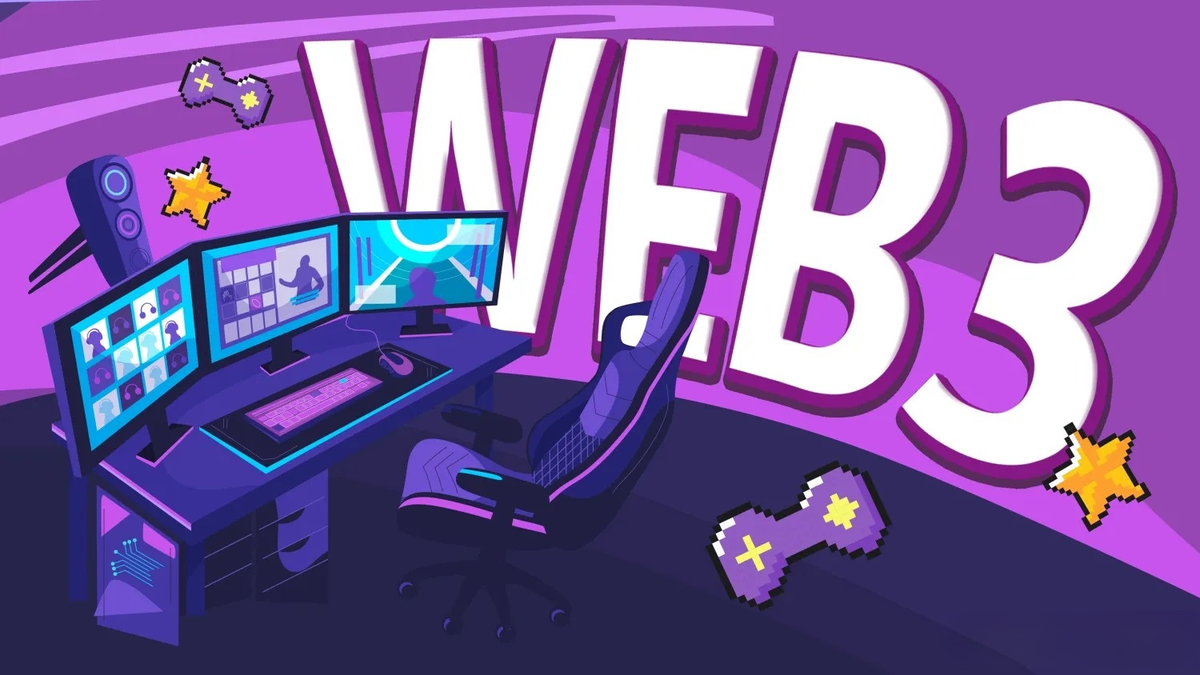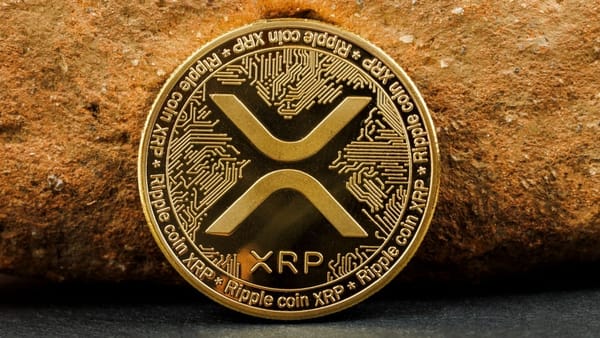Web3: What is it? What does it mean for the gaming industry?

Web3 is the next evolutionary phase of the internet, and its implications for gaming are profound. To understand its significance, we first need to differentiate between Web1, Web2, and Web3.
💡 Web1: The early days of the internet (1991 - 2004)

During this era, the internet was primarily a means of connecting people. Websites were static, offering limited interaction beyond reading content. There were no user logins, likes, or shares. It was akin to browsing through an encyclopedia, with little commercial benefit from advertising.
💡 Web2: The era of interactive internet
Web2 introduced user interaction. Platforms like Facebook and TikTok began collecting user data to personalize content. However, user information became a valuable asset for targeted advertising, and platforms retained control over user-generated content.

💡 Web3: Solving Web2 issues
Web3 addresses Web2's limitations by returning control to users. It leverages blockchain's decentralized nature, ensuring ownership rights and eliminating intermediaries. Users connect via crypto wallets rather than traditional financial infrastructure, facilitating trustless transactions.

Comparing Web1, Web2, and Web3:
Web3 inherits blockchain's properties:
- Decentralization: Shifts control from centralized entities to users and developers.
- Payment systems: Utilizes cryptocurrencies for transactions, reducing reliance on outdated financial structures.
- Permissionless: Anyone can participate in Web3.
- Trustless: Operates without requiring trust between parties.
Now, let's focus on Web2's impact on gaming.

Issues with Web2 Gaming:
Traditional game publishers like Sony, Tencent, and Nintendo dominate Web2 gaming. They control all aspects of game development, from funding to distribution. Blockchain games challenge this model by sharing profits and sometimes intellectual property with players.
Web3 Games: Transforming the Landscape

Web3 games disrupt the role of traditional publishers. GameFi, the first wave of Web3 games, thrives without support from major publishers. It enables direct funding from VCs, Gaming Guilds, players, and fans. Gaming Guilds support marketing and distribution, akin to traditional publishers but with a balanced power dynamic.

Rewarding User Contributions:
Game developers should consider rewarding user contributions to foster community and prevent speculation-driven behavior. Incentivizing positive actions can build ideal community models and attract like-minded users.
Conclusion:
Web3 represents a paradigm shift in gaming, empowering users and developers while challenging the dominance of traditional publishers. It encourages innovation, fosters community-driven ecosystems, and enhances user experience through decentralized and rewarding gameplay models.
The future lies in upgrading to Web3 games, leveraging their potential to redefine gaming experiences and community development.



